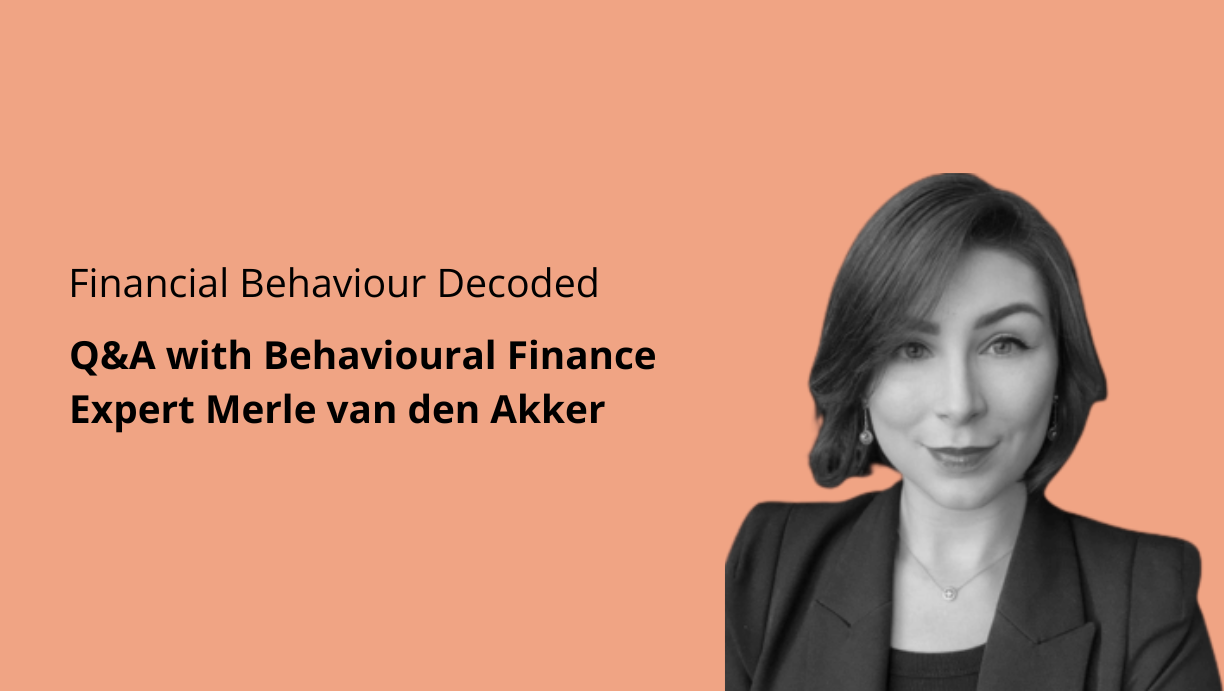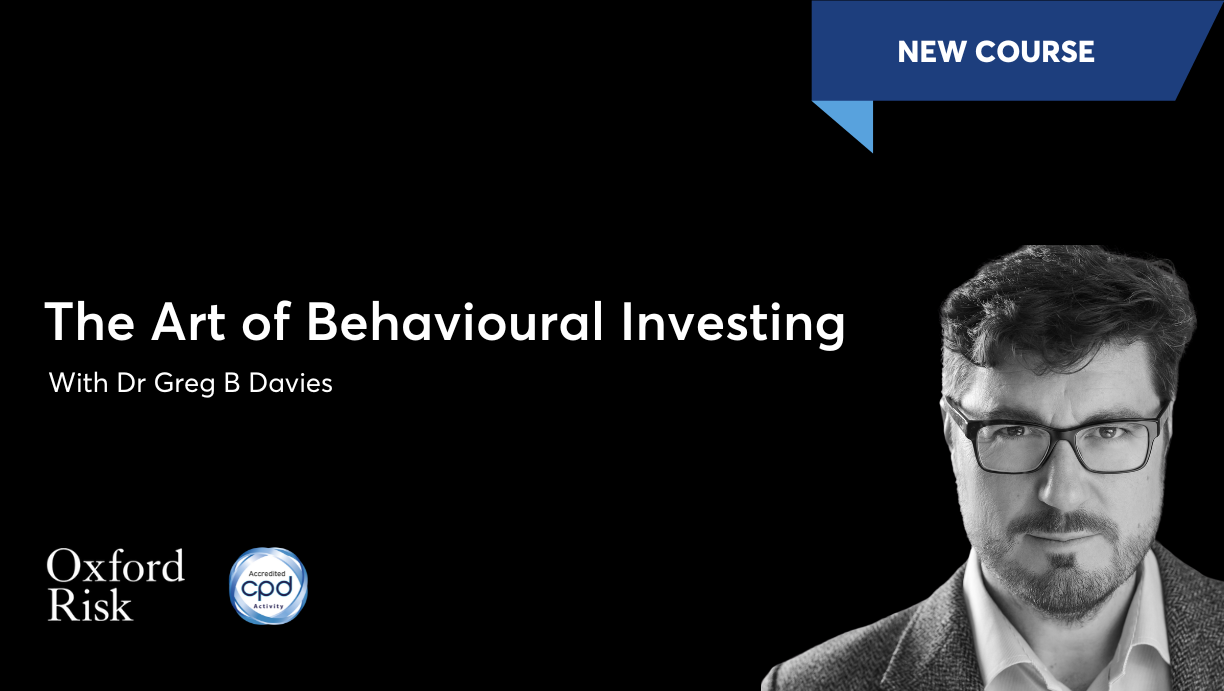Financial Behaviour Decoded: Q&A with Behavioural Finance Expert Merle van den Akker - Part Two
“Achieving a sense of financial control isn’t about your net worth—it’s about your self-worth.”
Continuing from Part One in our conversation with Behavioural Finance expert Merle van den Akker, in Part Two we explore the practical side of money decisions.
From making smarter financial choices to spotting misleading advice from ‘Finfluencers’, Merle shares actionable insights to help you take control of your financial future.
Louise: “So, now let’s move on to some ways in which behavioural finance can help people make smarter decisions in their everyday lives.”
Merle: “Well, learning more about yourself, how you do things, and why you do them is half the journey. Proper diagnostics is everything.”
Louise: “And what’s one small change people could make today to improve their financial well-being?”
Merle: “Just start! Don’t wait for the right time; there never is one, and waiting can be incredibly costly. The ‘golden goose’ opportunity isn’t coming – and even if it was, who said you’d be able to recognise it as such?
Also, don’t feel like you need to know Warren Buffet’s entire stock portfolio back to front or have read all of Ken Fischer’s books. It’s fine to invest in an index fund like the S&P 500 or the ASX200, and for most passive investors, that is the optimal strategy. It’s also completely fine not to know who either of those two men are, by the way!”
Louise: “Is there any common financial advice that you think is misleading or incomplete?”
Merle: “Anything that’s being shouted at you by financial influencers or that is targeting your emotions. If you finish consuming financial content, whether that’s a 50-minute podcast or a 50-second TikTok, if it leaves you feeling filled with fear, rage or the need to act NOW, then they’re not helping you. Plenty of research has shown that making financial decisions based on emotion is not ideal. Also, remember that ‘Finfluencers’ don’t know you and your situation and may have ulterior motives to get you to do something.”
Louise: ” What’s the most surprising thing you’ve learned about human behaviour through your work?”
Merle: “That the biggest predictor for the choice to start investing is whether someone else in your inner social circle is. That isn’t even a financial motive!”
Louise: “And any books, ideas, or habits you recommend for better decision-making?”
Merle: “I really enjoyed the 9-part book series of Investing for Dummies, and Scott Pape’s Barefoot Investor is an absolute staple here down in Australia. On YouTube, I enjoy The Plain Bagel. He explains things calmly and does not trigger any emotional or System 1 thinking.”
Louise: “Thanks so much for sharing all that expert advice, Merle. Where can we learn more about your work?”
Merle: “My pleasure. The best place to follow me is on LinkedIn.”
Well, that wraps up our Q&A with Merle van den Akker. We’ve explored the psychology behind financial decisions and how to apply behavioural finance in everyday life.
Learn more about The Art of Behavioural Investing in our newest upcoming course designed to help you outsmart your own worst instincts and make investment decisions with logic, not emotions.





